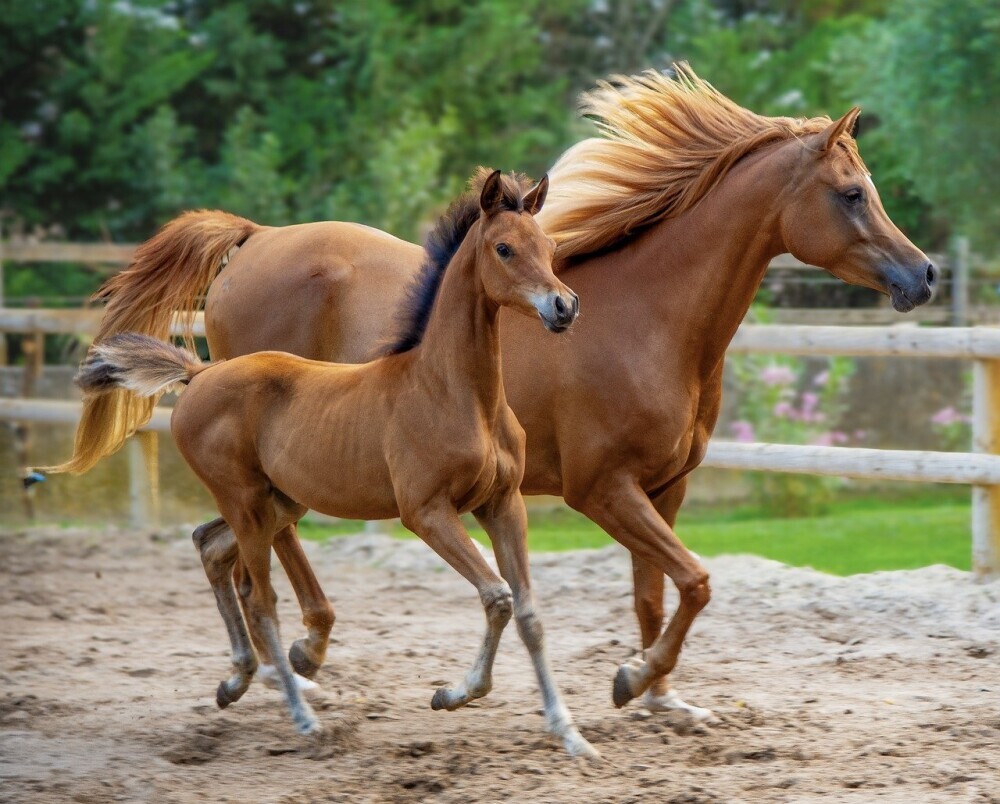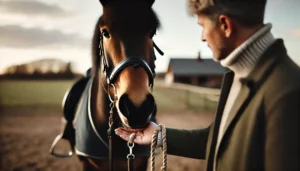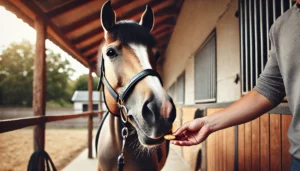
If you want to successfully train a horse there are some things you need to think about.
Observing your horse’s natural behavior is key. Horses are herd animals with a distinct social structure, so noticing how they interact with others and their environment is crucial.
Recognizing horse body language is like learning a new language. Ears pinned back? They might be upset or scared. Relaxed tail? Probably a good sign they’re feeling calm. Picking up on these cues can make a world of difference in your training.
Building trust doesn’t happen overnight. Consistency is your best friend here. Establishing a routine helps your horse understand what to expect and can reduce anxiety, making them more responsive to training.
Essential Training Techniques and Tools

Choosing the right training equipment sets the foundation for success. Starting with a well-fitted halter and lead rope can make handling easier and safer. Look into gentle bits and comfortable saddles that suit your specific horse’s needs.
Basic training exercises are where the magic begins. Start with groundwork like leading, backing up, and circling. These activities establish respect and communication between you and your horse. Moving on to ridden exercises, focus on simple tasks like walking, stopping, and turning.
Creating a positive reinforcement environment is a game-changer. Rewarding good behavior with treats, praise, or a scratch in their favorite spot can motivate your horse to learn new things. Being patient and consistent with rewards makes the training enjoyable for both you and your horse.
Common Challenges and How to Overcome Them

Addressing fear and anxiety can be tough but not impossible. Horses can get scared of unexpected things, like a fluttering plastic bag. Stay calm and patient, giving them time to adjust. Create a safe space where they can slowly get used to new objects and noises.
Dealing with stubborn or resistant behaviors might test your patience. It’s important not to force or punish your horse as it could lead to more problems. Instead, redirect their attention with a different task or break down the exercise into smaller steps.
Seeking professional help isn’t a sign of failure—it’s smart. There are experts out there with years of experience who can offer new perspectives and techniques. Sometimes, having that extra pair of eyes can make all the difference.
